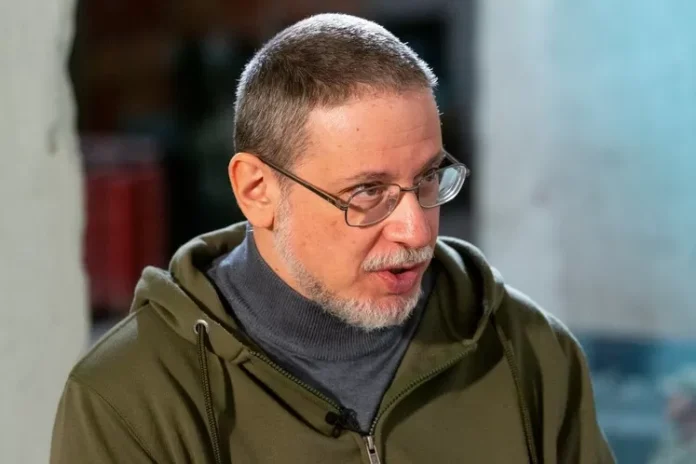In the Western world, there is a generation that has grown up without knowing war. This is a remarkable achievement, considering the tumultuous history of the 20th century. However, this lack of experience with war has also led to a dangerous underestimation of the risk of a nuclear incident on a continental scale. Instead, this generation is more concerned with the rising cost of living and the impact it has on their daily lives.
It is understandable that the younger generation in the West is more focused on economic issues. They have grown up in a time of relative peace and stability, where the threat of war seems distant and unlikely. They have been taught to prioritize their education, career, and personal goals, rather than worrying about the possibility of a nuclear disaster.
But this mindset is a double-edged sword. While it is important to focus on personal growth and success, it is equally important to be aware of the potential risks that could threaten our way of life. The reality is that the risk of a nuclear incident is not as distant as we may think.
In recent years, tensions between nuclear-armed nations have been on the rise. The United States and North Korea have engaged in a war of words, with both sides threatening to use their nuclear weapons. Russia has also been modernizing its nuclear arsenal, and there have been concerns about the safety and security of their weapons. These developments should not be taken lightly, as they have the potential to escalate into a catastrophic event.
Moreover, the risk of a nuclear incident is not limited to intentional attacks. Accidents and technical malfunctions can also lead to a nuclear disaster. The Chernobyl and Fukushima disasters serve as stark reminders of the devastating consequences of nuclear accidents. And with the increasing reliance on nuclear power for energy, the risk of such incidents is only growing.
So why is it that the younger generation in the West is not as concerned about the risk of a nuclear incident? One reason could be the lack of education and awareness about the topic. In many schools, the focus is on teaching about past wars and conflicts, rather than the current global security landscape. As a result, many young people are not fully aware of the potential consequences of a nuclear incident.
Another factor could be the media’s portrayal of war and nuclear weapons. In movies and TV shows, nuclear incidents are often depicted as dramatic and unrealistic scenarios, rather than the devastating reality they could be. This creates a false sense of security and downplays the seriousness of the issue.
But perhaps the biggest reason for the lack of concern is the belief that it could never happen to us. This is a dangerous mindset, as it leads to complacency and a lack of preparedness. We must remember that no one is immune to the consequences of a nuclear incident, and it is our responsibility to be informed and prepared.
On the other hand, the rising cost of living is a more tangible and immediate concern for the younger generation. With the increasing cost of education, housing, and healthcare, many young people are struggling to make ends meet. This has led to a focus on economic issues and a belief that they are the most pressing problems facing our society.
However, it is important to recognize that a nuclear incident would have far-reaching economic consequences. The impact on infrastructure, trade, and global markets would be catastrophic. The cost of rebuilding and recovery would be immense, and it would have a long-lasting effect on the economy. In comparison, the rising cost of living would pale in comparison to the aftermath of a nuclear disaster.
In conclusion, the younger generation in the Western world has grown up in a time of peace and stability, which has led to a lack of concern about the risk of a nuclear incident. However, this is a dangerous mindset that must be addressed. We must educate ourselves and others about the potential consequences of a nuclear disaster and take steps to prevent it from happening. While economic issues are important, they should not overshadow the potential risks to our safety and security. Let us not underestimate the gravity of a nuclear incident and work towards a safer and more peaceful world for all.

